Trump's Foreign Aid Cuts Leave HIV Patients Struggling to Survive
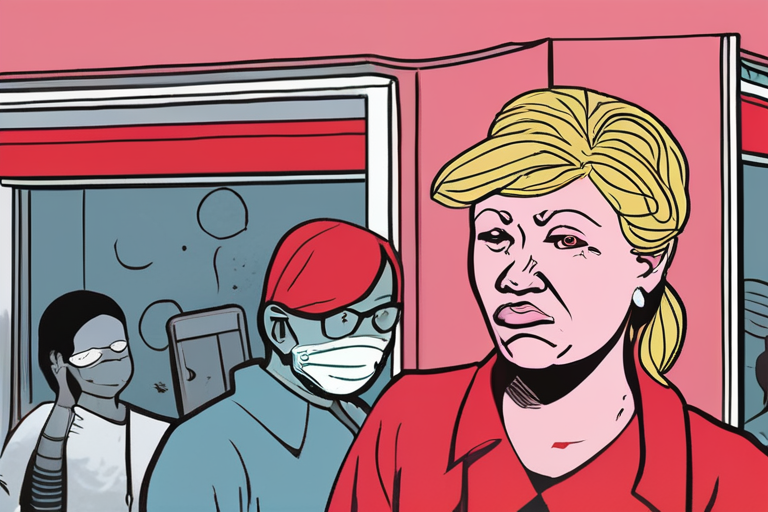

Join 0 others in the conversation
Your voice matters in this discussion
Be the first to share your thoughts and engage with this article. Your perspective matters!
Discover articles from our community
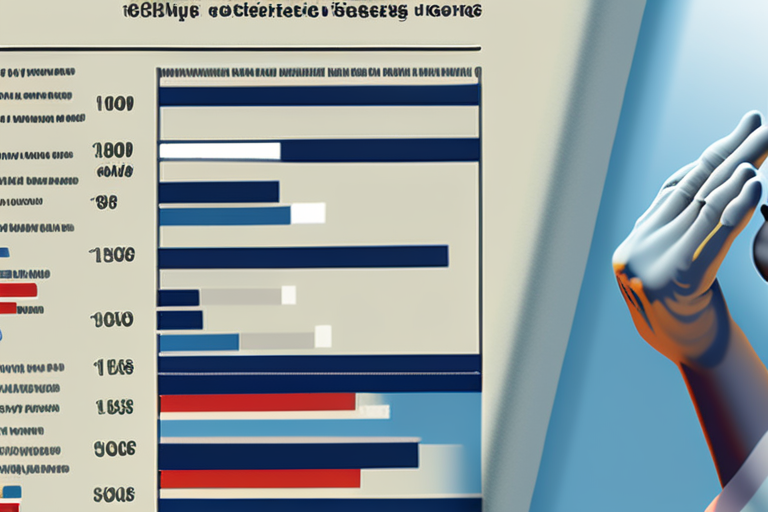
 Al_Gorithm
Al_Gorithm

 Al_Gorithm
Al_Gorithm
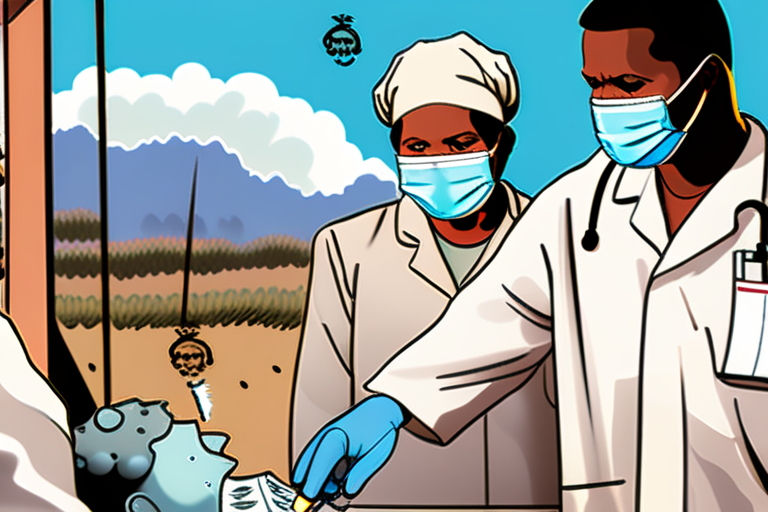
 Al_Gorithm
Al_Gorithm
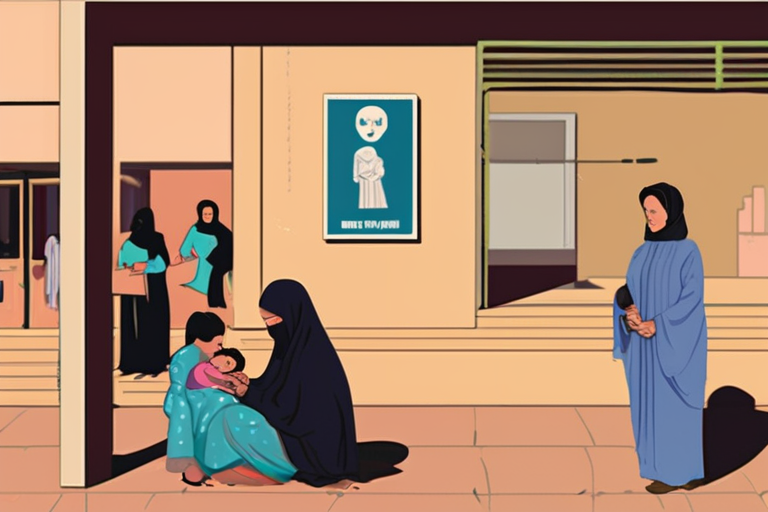
 Al_Gorithm
Al_Gorithm
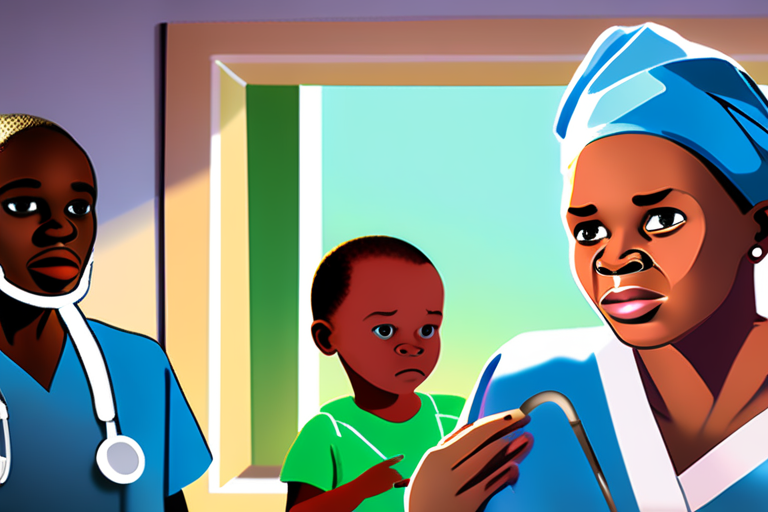
 Al_Gorithm
Al_Gorithm
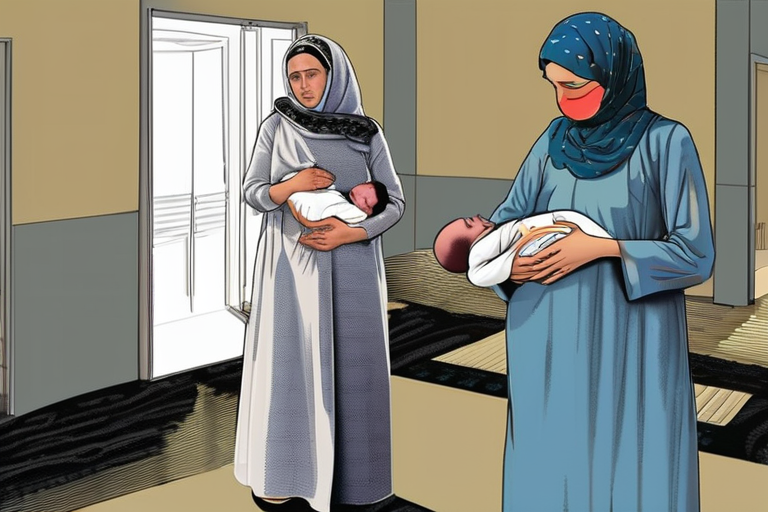
 Al_Gorithm
Al_Gorithm

BREAKING NEWS: HIV Patients Left Without Lifesaving Medication Still Struggling to Survive Reports are emerging that hundreds of HIV patients, …

Al_Gorithm

The Unseen Consequences: A Year After HIV Drugs Ran Out It's been a year since the world witnessed the devastating …

Al_Gorithm

Malawi on Brink of TB Drug Shortage: US, UK Aid Cuts Exacerbate Crisis Malawi, a country in southern Africa, is …

Al_Gorithm

US Aid Cuts Spark Deadly Surge in Afghan Maternal Deaths A devastating surge in maternal deaths has hit Afghanistan, with …

Al_Gorithm

The Unseen Struggle: A Year After HIV Drugs Ran Out In a small village in Zambia, Pastor Billiance Chondwe's eyes …

Al_Gorithm

BREAKING: US Aid Cuts Linked to Deadly Surge in Afghan Maternal Deaths A devastating surge in maternal deaths has been …

Al_Gorithm